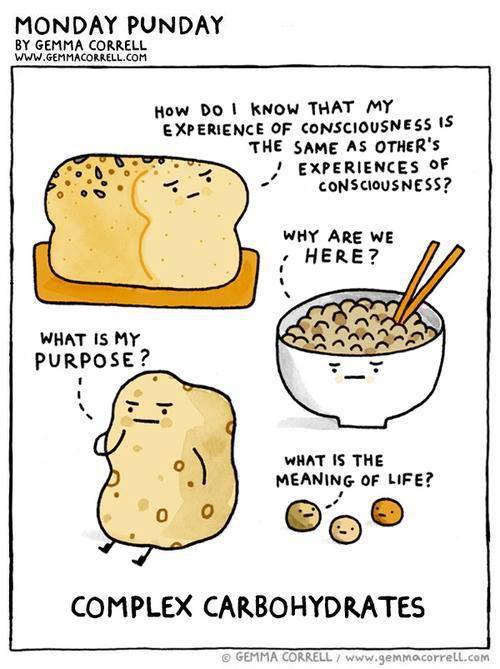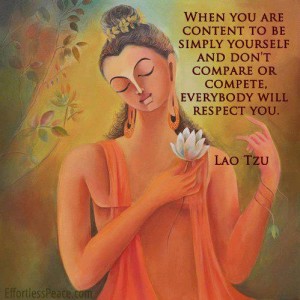Every time I think of the word “happiness,” I recall one of my favorite poems by Ven. Lama Gendun Rinpoche: “Happiness cannot be found through great effort or willpower, but is already present in open relaxation and letting go,” he writes.
Wow! Powerful, right? It is certainly easier to connect to a feeling of happiness when you’re not being tested, but is this your default setting? If pressure builds up, do you breathe and release, reboot and move forward with peaceful gratitude, or do you store it, build steam and explode? When things aren’t so easy, what are your attitudes, perceptions, and coping strategies? Is it still contentment, or is this reserved for the one day all the bills are paid, you’ve slept and have eaten well? In other words, are you content regardless of your situation?
Contentment, Patanjali says in Sutra 11.42 is dynamic, as opposed to complacency, which is stagnant. We should be able to look at our life, weed out the toxic relationships and situations to then rebalance on all levels. This requires changing what isn’t working. It also asks us to want what we have, be grateful and see a crisis as a crossroads.Contentment brings us to a new perception of how things are, which calms the mind. It is an attitude that’s independent of outside influences. What you have or don’t have does not change the essence of who you are.
Here’s what you need to do to turn your frown upside down, view adversity as opportunity and connect with the contented you:
1. Stop comparing yourself and your life to others; we all have gifts.
2. Give away something you don’t need; there’s always someone who could use it.
3. When you find yourself complaining, listen to yourself and write down two options for bringing change.
4. Repeat the mantra, “Thank you” more often; it cleans up taking things for granted.
5. Sit, breathe, relax and reboot.
6. Practice (safely) an energizing backbend, to open the body and allow new energy to flow to you.
7. Write down one thing today that makes you smile, and let that energy permeate your core.
Tough times provide opportunity for great inner strength and to connect deeply with what’s important to us. Allow this sustaining virtue of grateful contentment to take root in your life so that your default setting is now rewired for peace and positivity.
Photo Credit: Shutterstock.com





